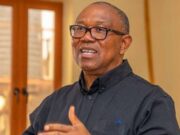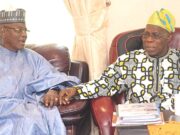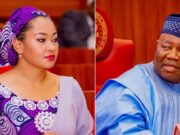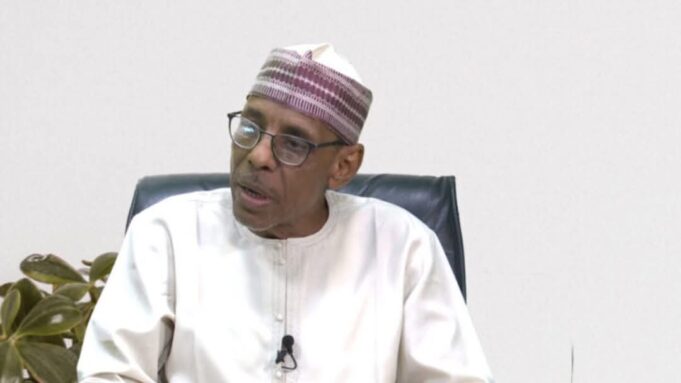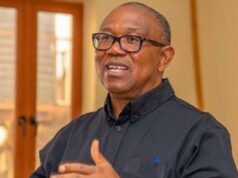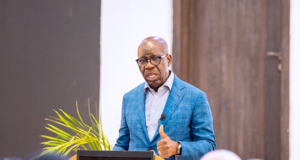Dr. Hakeem Baba-Ahmed, former Special Adviser on Political Matters to the Vice President, has delivered a scathing critique of President Bola Tinubu’s administration, stating that more than half of the president’s ministers “have no business managing an administration tasked with improving security, livelihoods, or public trust.”
In an interview with Arise TV on Monday, Baba-Ahmed painted a troubling picture of the inner workings of the presidency, citing the president’s detachment and lack of communication with key personnel.
He revealed that during his 18 months serving in the Presidential Villa, he only saw President Tinubu three times and only at the mosque.
“I never had the chance to sit down and talk with President Tinubu. I think part of the problem is that Tinubu never had time for people like us. I don’t think he had time for a lot of people working for him,” he said.
Expressing disappointment with the administration, Baba-Ahmed described the president as “really and genuinely isolated.”
He warned that this distance from his team and the Nigerian people undermines the government’s ability to respond effectively to national challenges.
“The bottom line is, he ought to be available for the people he trusted and worked for him. And that’s the problem for the country, not for him,” he added.
He questioned the quality of the counsel being offered to the president, citing a glaring disconnect between government insiders and the realities facing ordinary citizens.
“If you hear people who are close to him speak about Nigeria, you will hear as if they’re living in different worlds. That is the most frustrating thing for me,” he said.
Baba-Ahmed also addressed speculation around the role of Vice President Kashim Shettima, dismissing reports that the VP had been sidelined.
“No, I didn’t see any of these… If the president feels that the office of the vice president is not that important in the administration and we have seen that many times basically, that was what I met,” he explained.
He traced the underutilization of the vice presidency to a structural flaw in the system, noting that the role lacks clearly defined functions.
Despite working closely with Vice President Shettima, Baba-Ahmed argued that mere proximity to power was not sufficient.
“We work in the Villa and we go home and meet the people, and we know how the country is how desperate people are, the difficult lives, the insecurity. People are losing hope, asking what is the value of this democracy,” he said.
Baba-Ahmed called for a generational shift in leadership.
In an open letter, he urged President Tinubu not to seek re-election in 2027 but to instead support younger, more dynamic Nigerians.
“Step aside not for your opponents, but for a new generation of Nigerians who can carry the nation forward with fresh energy and ideas,” he wrote.
“It would be a masterstroke if you and your party yielded the field to new voices and new leadership. That way, you could catalyse a peaceful, historic transformation and inspire a new political culture rooted in merit, unity, and progress.”
He further advised the president to focus less on electoral politics and more on his legacy.
“You hold what your opposition lacks: the power to reduce the harshness of life for the average Nigerian. Use it well. Watch 2027, yes, but don’t become consumed by it,” he urged.
Criticizing the president’s “Renewed Hope Agenda,” Baba-Ahmed described it as “a set of campaign promises” with no clear execution plan.
He emphasized that although Tinubu inherited a struggling economy and a weary population, he had failed to turn the early goodwill of his presidency into impactful leadership.
While distancing himself from current political coalitions, Baba-Ahmed signaled a deep dissatisfaction with the current political terrain and called for a fresh direction in Nigerian leadership.


